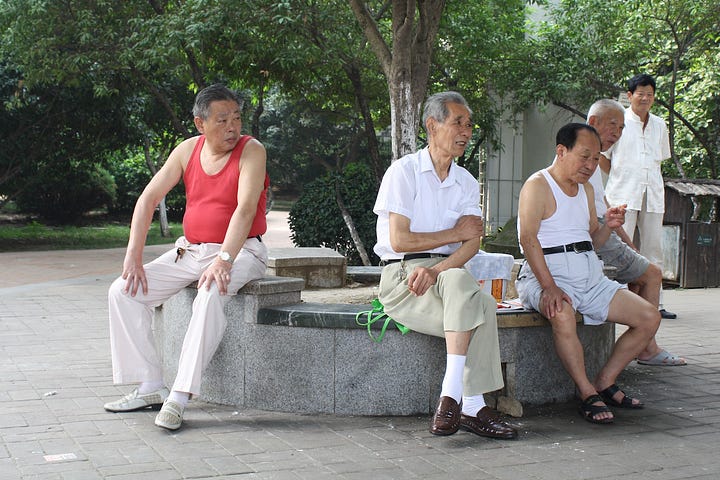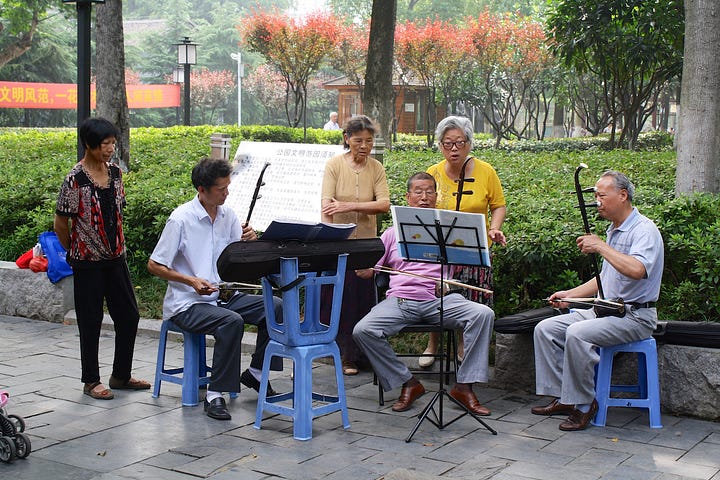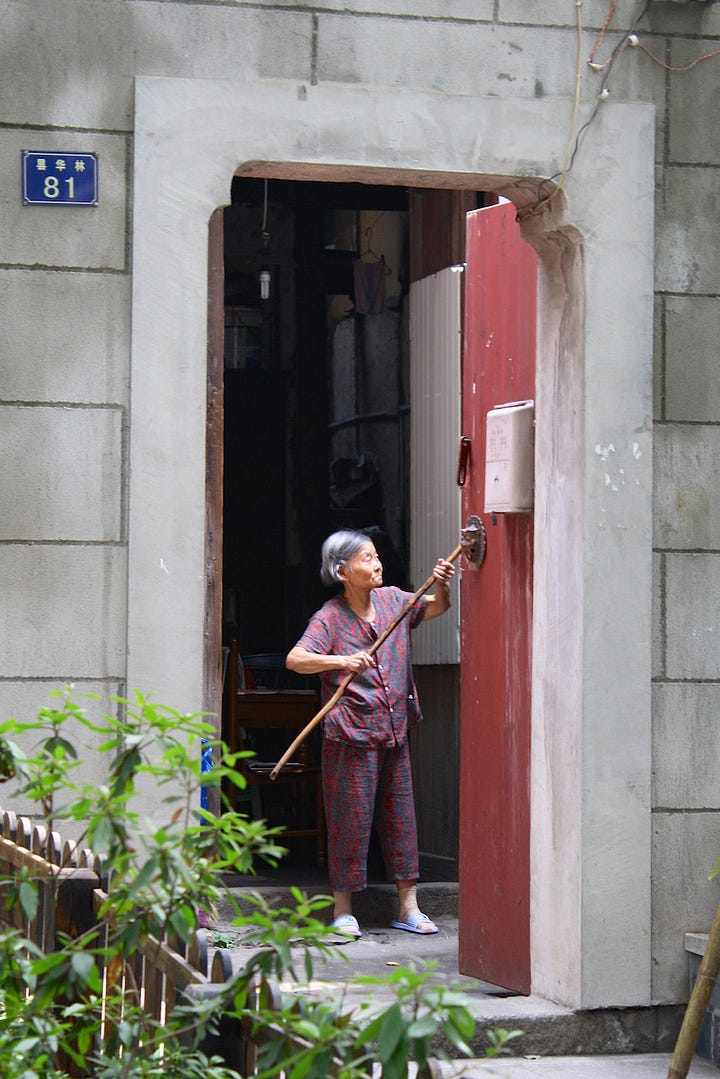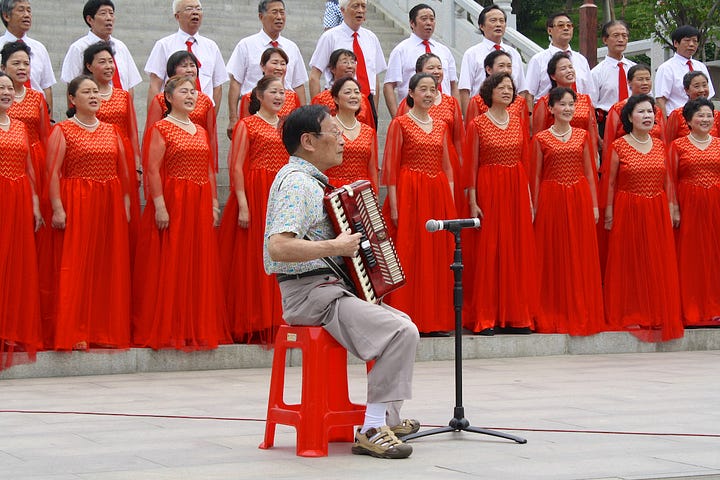Let’s Be Honest: You’re Not Going to Wuhan
What one city taught me about the stories we carry before we even arrive
You weren’t planning to before, and after everything, you're even less likely to now.
You want Amalfi. Kyoto. Paris at golden hour. Wuhan? It was never on the list.
Before the word became shorthand for a global unraveling, Wuhan was just another second-tier Chinese megacity. Ten million people. A university town with 1.2 million students. A shipping hub. A place that didn’t ask to be more than it was.
I hadn’t thought much about it either until I moved to China in 2011 and was invited to participate in drafting a new tourism master plan for the city. One of those sweeping urban visions cities create when they want to be seen. My job was to help shape that vision into story: What should Wuhan say about itself? What did it want people to feel?
I wasn’t there to get lost. I was there to help create and sell a version of the city.
It was a steamy week in July, but the skies mostly stayed clear. The Yangtze ran wide and brown, and the humidity simmered in the air like a held breath. I visited the big-ticket sites, Yellow Crane Tower, East Lake, and every museum imaginable, accompanied by guides, government officials, and other competing teams. The itinerary was dense, but the city made room for surprises.
There was something unvarnished about Wuhan, a kind of shrug that felt different from my adopted city of Shanghai’s performance or Beijing’s pretense. People were friendly —gregarious, even. I had been to Wuhan several times before this trip, brief in-and-outs, but now I had time to linger. When I had time to get away from the itinerary, I sat in parks with retirees and wandered quiet neighborhoods without an agenda.


That version of Wuhan, the humid summer and open parks, feels like a ghost now. Because a few years later, the city became something else.
It stopped being the city of rivers and railways. It became a headline. A symbol. And much of the world said: no thank you.
That part matters. Because travel is also a choice. We follow stories. We seek them out and sometimes we run from them. Wuhan became a place people decided not to understand, because understanding might complicate the story they’d already written.
And I don’t just mean the pandemic. I mean what we expect from a place when we choose to visit. Color. Character. Comfort. A bite-sized narrative we can carry home and show off at dinner parties. We want to be fed beauty and then told what it means.
But Wuhan? It doesn’t offer that. It never did.
Walking those streets as part of my work process, I asked myself:
What story does this city think it’s telling?
And what story are we hoping to hear?


That’s the thing about travel. We say we want truth, but most travelers don’t. They want soft lighting and street food and a sprinkle of moral clarity. They want to feel brave without feeling unsafe. Most places are edited into comfort.
Wuhan didn’t edit itself. Sure, the government offered a curated experience, but you can't contain a city the same way they couldn't contain the narratives.
Maybe that’s the story Wuhan offers now. Not the outbreak, not the panic. But the mirror it holds up: What do we do with a place that doesn’t fit our idea of what travel should be?
That is the question I now ask myself.
Because back then, I wasn’t just observing Wuhan, I was a brief part of the effort to define it. To help shape its story, its urban plan, to distill its contradictions into something legible.
But years later, I find myself returning to the photos from that trip more than most, and what I remember is how ordinary it all was. And maybe that was the point.
Wuhan didn’t need a story. It was a city. It is a city. And that should be enough.
So no, you probably won’t go.
Not this year. Maybe not ever. That’s okay.
But at least be honest:
What kind of stories are we chasing when we travel?
And how often are they the ones we’ve written in advance?
If you find value in stories like this, consider subscribing.
Already a subscriber? Thank you — your support means the world. Feel free to share, recommend, or give it a restack.









I’ve never considered China for our slow travel circuit - but this made me curious. Really curious.
“What kind of stories are we chasing when we travel? And how often are they the ones we’ve written in advance?”
That line stuck with me.
We’ve been slow traveling full-time since early retirement, mostly in places that feel a little dreamy, a little edited. But your post made me pause. Maybe it’s time we let a place change us instead of the other way around.
what a thought provoking travelog! An unedited city is really worth going !